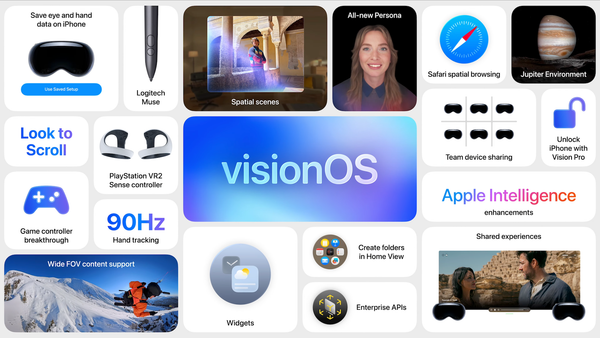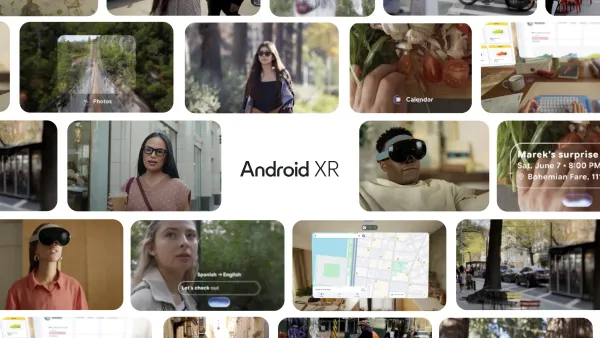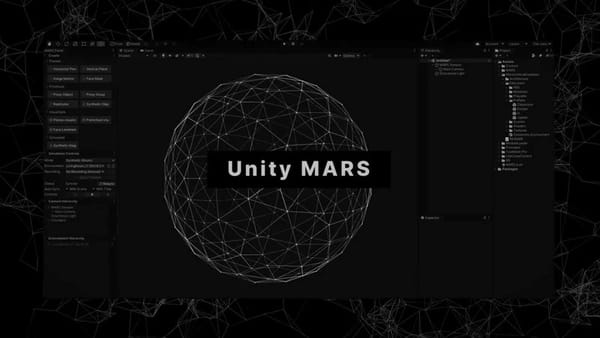XR Developer News - November 2024
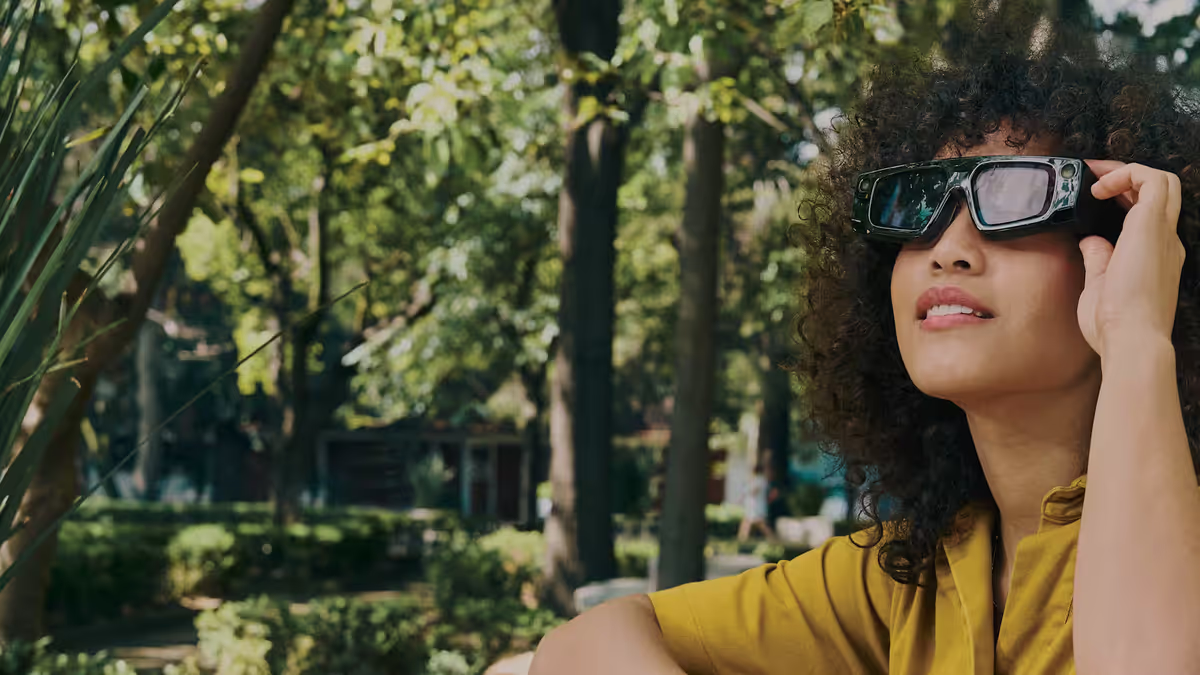
Although we're approaching the end of the year, the world of XR is still pushing out developer news at full speed. While Meta was pretty quiet, others like Snap and Pico filled the void. Read on for a complete overview!
I'll be at Immersive Tech Week in Rotterdam, NL on December 4th-6th and always happy to hear from readers. If you're there as well, reach out to me on LinkedIn and let's meet up!
Snap
Let's for a change focus on someone else than Meta first. Snap has been quite busy with all sorts of interesting news, as it rides the wave of attention the announcement of Snap Spectacles 5 generated. They've definitely not been sitting still.
- Spectacles received its first OS update (summary, details) including a few new demo lenses and a bunch of platform capabilities for developers. Nice to see the pace of improvement so high!
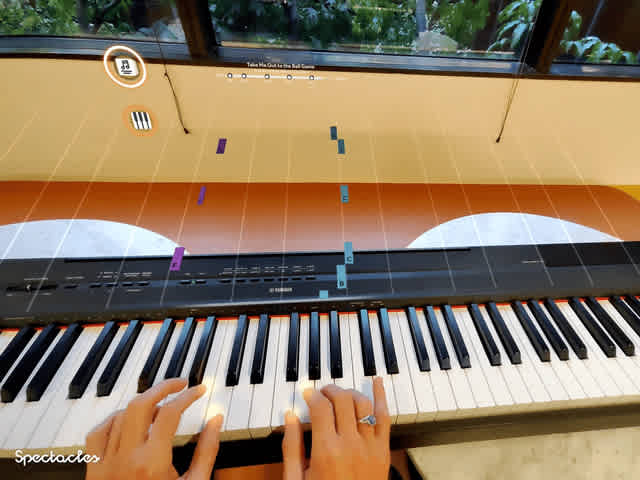
- They're also going to be sold (actually, rented out is more accurate) in several European countries now.

- Lens Studio was updated to v5.3 (release notes), which contains the new Spectacles capabilities mentioned earlier, but also a number of general improvements around gaussian splatting, animations and 3d asset generation.
- Snap Camera Kit, which enables the usage of Lenses outside of the Snap app, in mobile apps and on the web, has been around for a while as beta, but is now generally available.
- Lenslist is running a Lensathon with Snap with a $15K prize pool (biggest single prize is $2K) and a December 10 submission deadline.
Pico
Another (somewhat unexpectedly) busy platform this month has been Pico, which earlier this year strongly scaled back its consumer efforts, but is clearly still continuing to build out its platform for other use cases.
- Pico OS 5.12 was released (press, more press), which clearly leans into improving Apple's visionOS type of spatial computing functionalities. This was accompanied by upgrades to various related SDKs, such as the Integration SDK (3.0.5), Avatar SDK (2.1.0), their Emulator (v0.8.0 beta) and OpenXR 1.1 support.
- In contrast to Meta (and many of its Meta-platform-specific SDKs), Pico seems a bit more focused on leveraging general purpose solutions as primary approach, such as the standard Unity XR tooling and OpenXR. I suppose that makes sense when you're in a bit of an underdog position and have to do everything you can to make life as simple for developers as possible.
- To be fully fair, Meta has recently also started to move more towards a cross-hardware-platform approach in its software tooling recently, making some of its SDKs less reliant on Meta-specific stacks, which I think is a beneficial development.
- Like Meta, Pico has now also opened its platform store to 'early access' apps.
- If you're looking to learn a bit more and get an overview of the latest at Pico, there's a useful talk from AWE, a solid mixed reality capability overview blog post, and two long YouTube tutorials.
Meta
Then finally onwards to Meta. While the pace of news was a bit lower than most of the year, there was still plenty going on.
- Of course there was a Horizon OS update, to v71 (release notes, press, more press). Related SDKs have been updated as well. The first signs of v72 are starting to appear as well.
- A few introductory video tutorials were published about the new Android-based Spatial SDK here, here and here (which luckily can be played at double speed, because they've gone for a sloooooow speaking style in these).
- Outside of the Quest development part of Meta, if you happen to be active building for social platform Horizon Worlds, check out the Meta Horizon Creator Competition for Short Loop Mobile Worlds (quite the mouthful). The deadline is already on December 7th, but the total prize pool is significant at $500K, with a top prize of $50K. Definitely a different ballpark than the Lensathon mentioned earlier.

- If you're more on the computer vision research or AI research side of things, Meta recently opened up its Project Aria sensor glasses and tooling, so any researcher can now request access. While these don't have a display, so are outside of the area of XR as I tend to see it, and are just about the sensors, much of the tech in these will undoubtedly find its way into future Meta XR products.
- The latest episode of Meta CTO Andrew Bosworth's podcast Boz to the Future was an interesting one if you're curious about Meta's Orion glasses prototype, although it doesn't contain any significant new information. Oh, and you can skip the bit at the end about sandwiches, so at 30 minutes or so, it's a short listen.
Other XR hardware and software
- Qualcomm's Snapdragon Spaces SDK reached a milestone with v1.0 (Unity, Unreal), although the list of supported devices is still quite limited. That is also the main thing I keep wondering about with Snapdragon Spaces: when is it actually going to be significantly relevant for developers? So far there hasn't really been a good reason to pick it up.

- Niantic updated Niantic Studio with new capabilities for API calls through a Niantic proxy and backend functions and offered some guidance on Scaniverse scanning best practices (video) and using VPS in WebXR games.
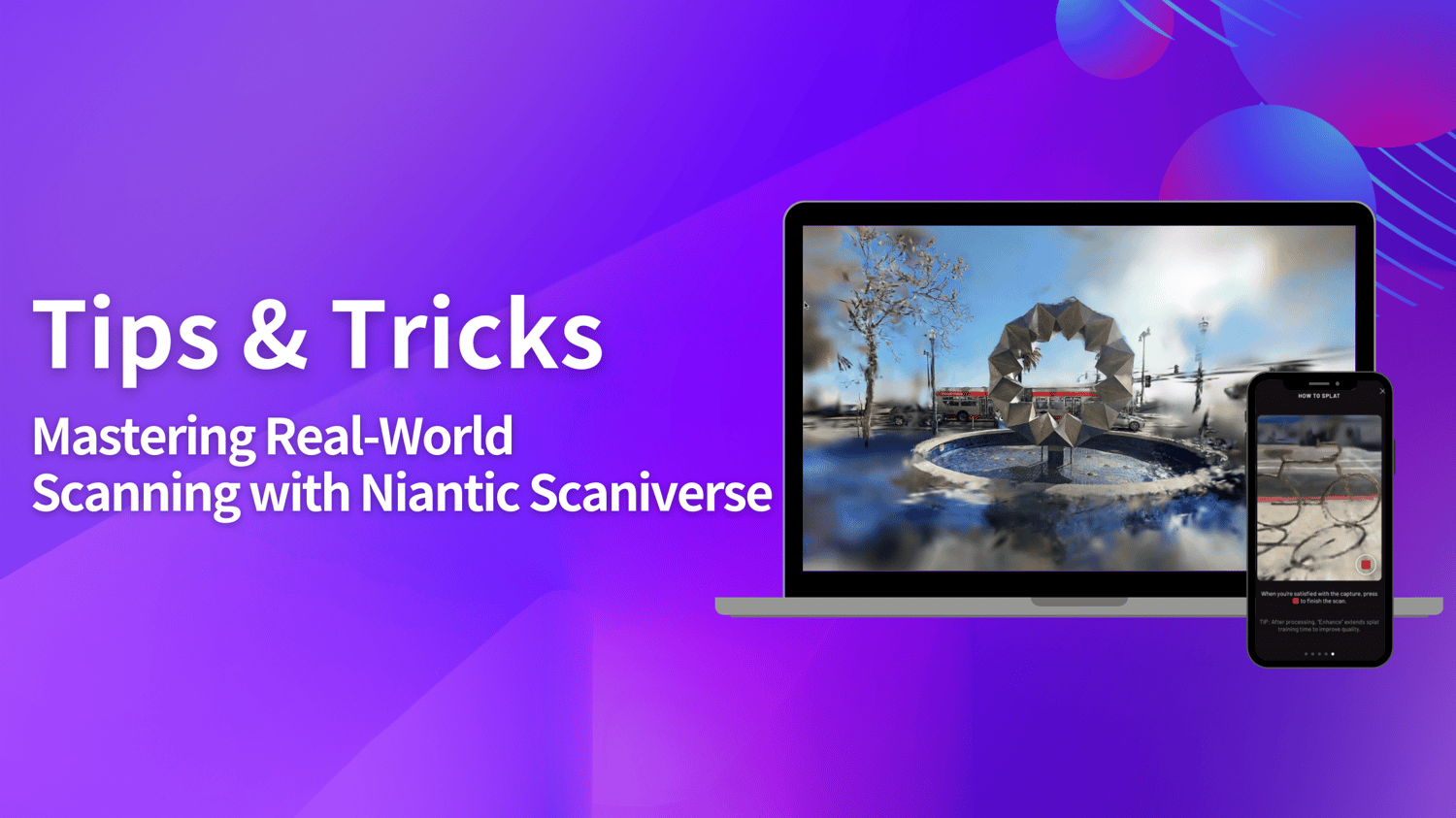
- Niantic also seems to have been on a bit of a marketing offensive, repackaging its current tech in a new positioning as Niantic Spatial Platform, although it seems to have been primarily a branding exercise including a healthy dose of large AI model talk.
- Unreal Engine v5.5 was released. While there isn't a lot of focus on XR in the announcement, it's good to keep aware of what's going on in that part of the world of real-time game engines and there do seem to have been some improvements to visionOS support.
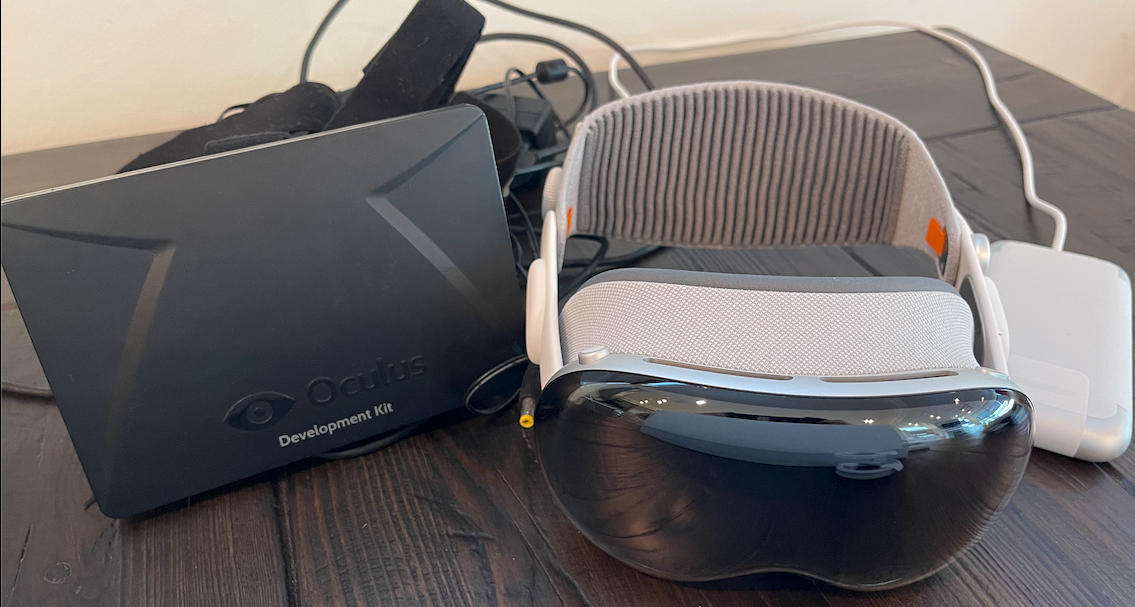
- An interesting session from GodotCon 2024 in October was published with a good overview of the history of XR support in Godot and what's going on at the moment.
- Open source XR browser Wolvic (previously known as Firefox Reality) has added AR support.
- TikTok released v4.8 of Effect House with a bunch of small changes, including being able to track hands in 3D space instead of 2D space.
- Magic Leap released a very polished 8 minute commercial touting its chops as an augmented reality optical hardware stack company. It's a nice watch, but it does support the rumours that that is the direction the company is going, instead of its own full headsets like a Magic Leap 3.
- On the extreme lower end of the price spectrum, Dilmer Valecillos made a nice video about Zapbox.
- Open standards body Khronos Group shared a status overview of the glTF 3D file format.
- LIV released its Creator Kit for recording in standalone Quest apps.
Other XR tidbits
- If you're into XR design, check out the XR Design Challenge which runs December 2nd to January 13 and has a $10K prize pool.

- Gabriele Romagnoli published interesting interviews with PlayCanvas (3d on the web) and Sloyd (3d asset generating), both worth watching.
- Gracia updated its Quest 3 app so it now also offers a few gaussian splat-based volumetric videos instead of just still scenes. Really worth a look, although this is still early stage technology with many caveats around required processing power and storage size. Still, the result is pretty neat and the fact that they got them running on standalone VR is thoroughly impressive.
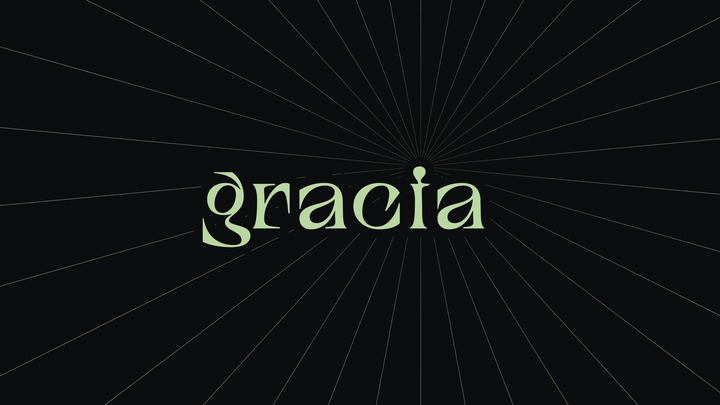
Upcoming XR events
- November 29th, 2024 - Meta Horizon Start Lifestyle Experiences submission deadline.
- December 4-6, 2024 - Immersive Tech Week in Rotterdam, The Netherlands, the big yearly XR conference in NL. I'll be there, so let me know if you are as well!
- December 7, 2024 - Meta Horizon Creator Competition: Short Loop Mobile Worlds submission deadline.
- December 9, 2024 - Niantic Real-World Gaming Challenge submission deadline.
- December 10, 2024 - Snap AR x Lenslist Lensathon submission deadline.
- December 11 & 13-14, 2024 - Snap AR Day London & hackathon.
- January 13th, 2025 - XR Design Challenge submission deadline.
- January 23-27, 2025 - MIT Reality Hack in Cambridge, MA. More info here.
- April 9-11, 2025 - Laval Virtual in Laval, France. Call for speakers until December 13th.
- June 10-12, 2025 - AWE USA in Long Beach, California. Call for speakers until February 11th.
- August 24-26, 2025 - AWE Asia in Singapore. Call for speakers until May 15th.
- November 19-20, 2025 - AWE EU in Vienna. Call for speakers until May 1st.
A bit about this newsletter
Each month I try to round up all the interesting developments in the XR developer landscape. New hardware and software releases, events, interesting tooling, etc. Feel free to reach out to me on LinkedIn, for instance if I missed anything which definitely should be in this monthly round up next time.











